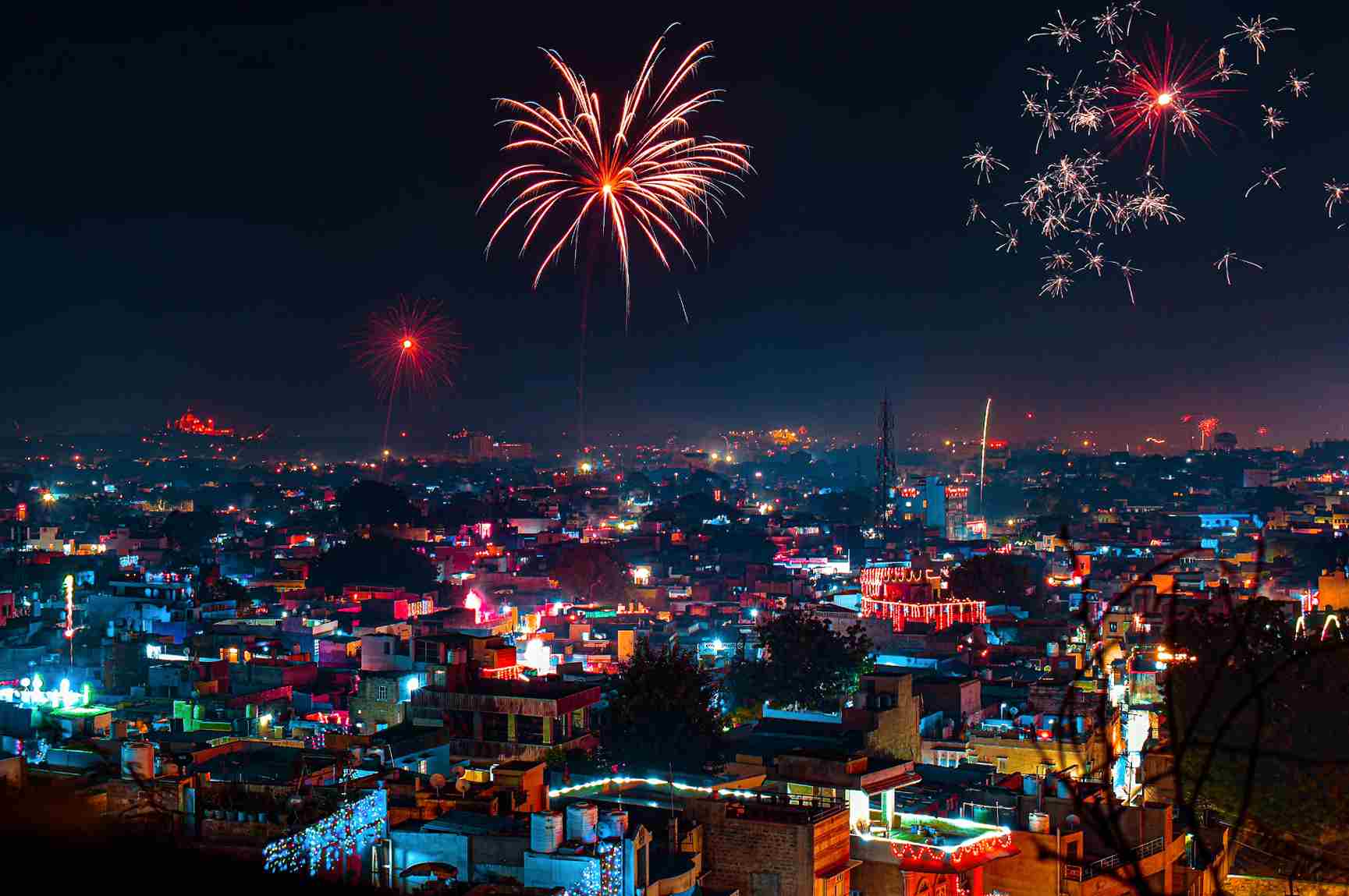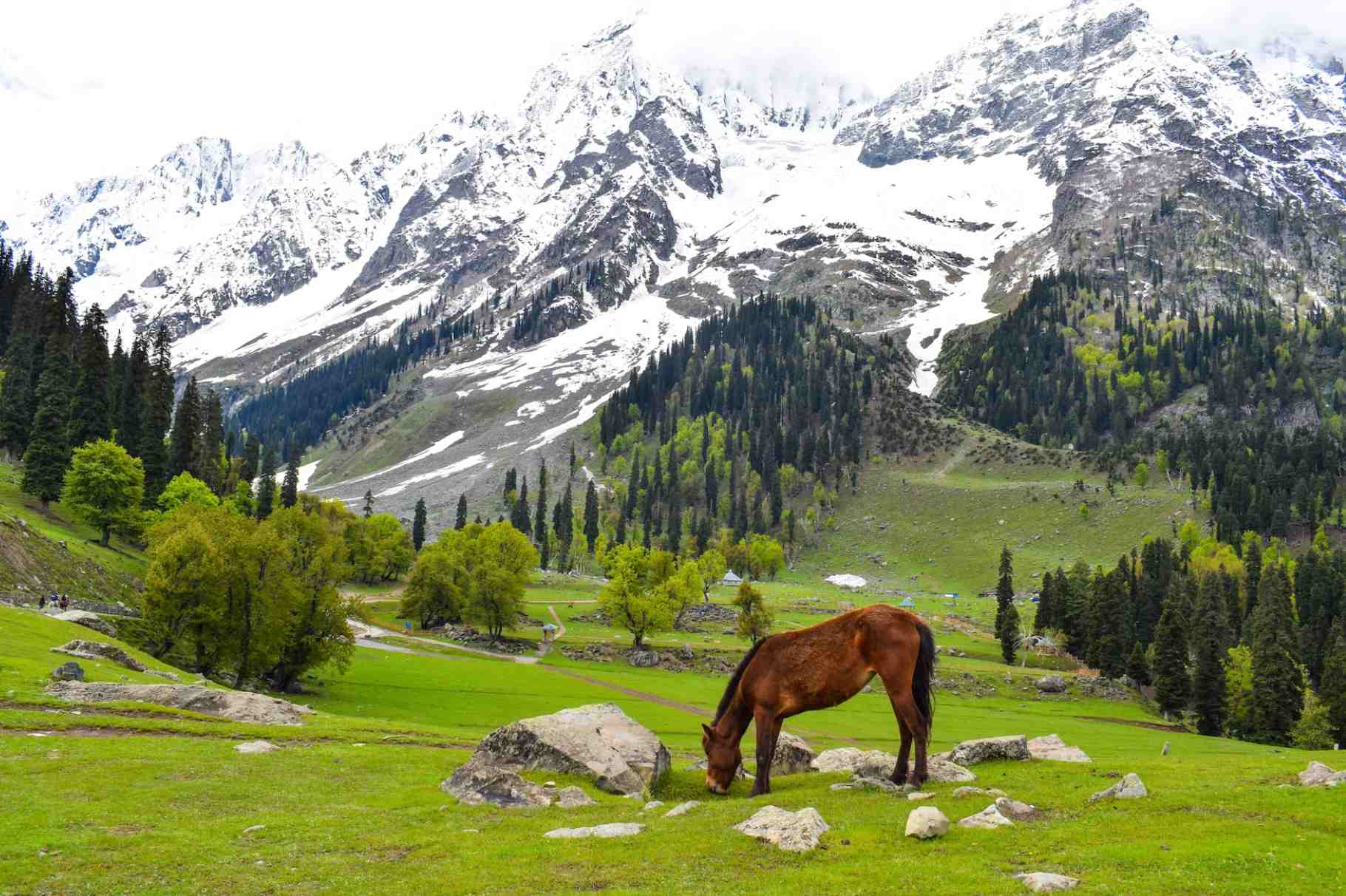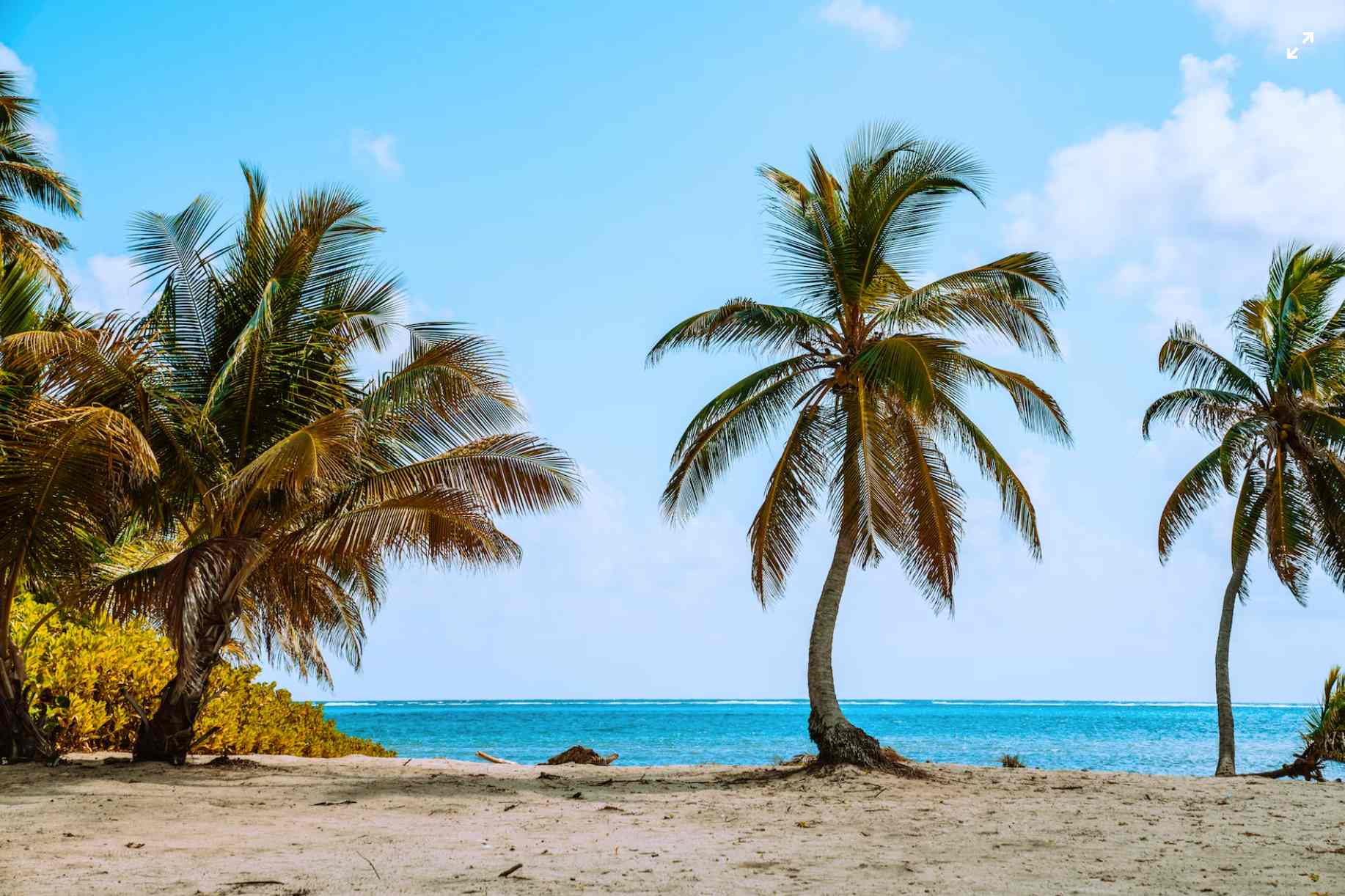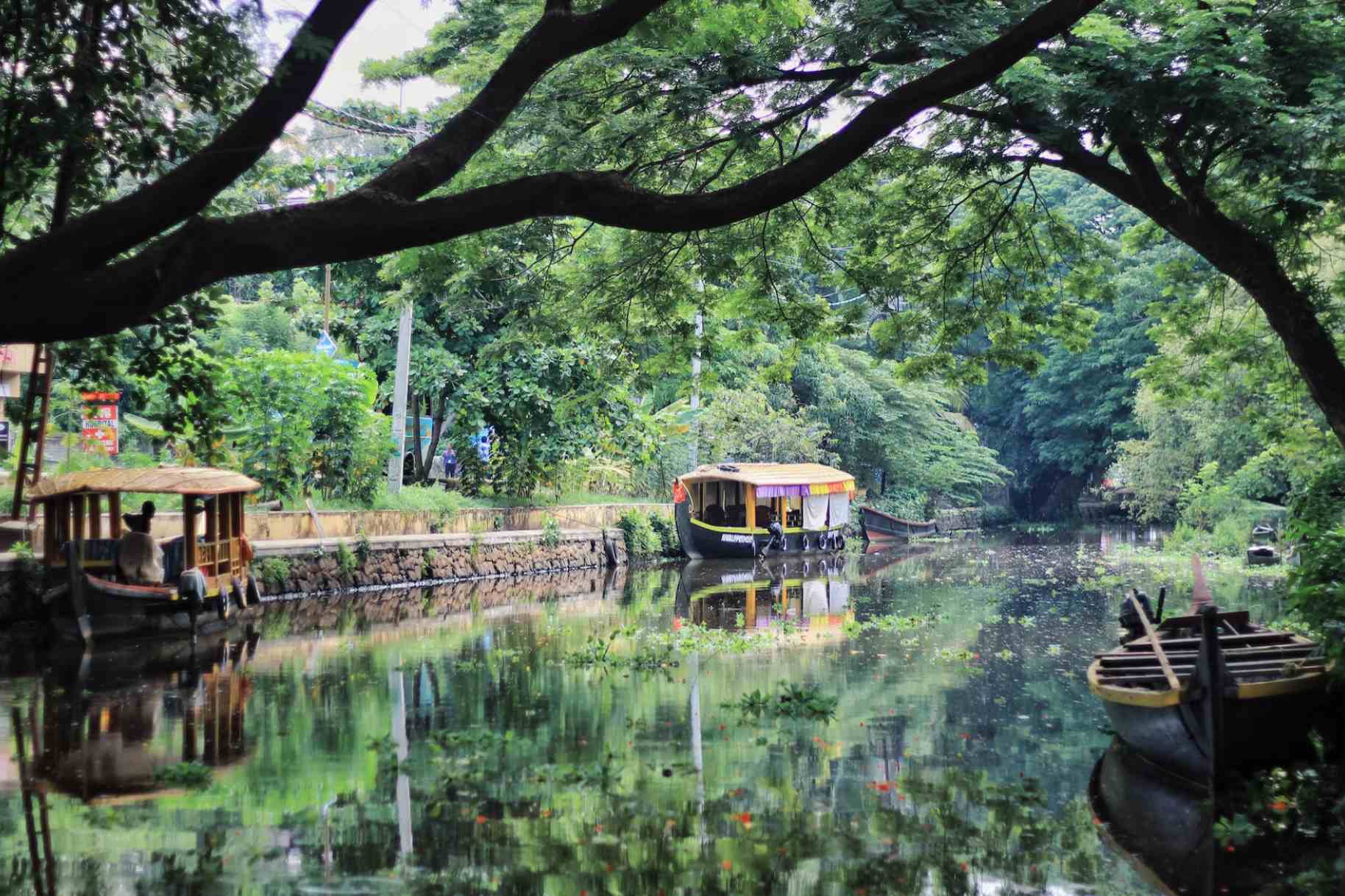The Ultimate Guide to Your First Solo Camping Trip: Benefits, Tips, and Tricks
Are you considering a solo camping trip? Camping alone can be an incredible adventure, full of unique experiences and the freedom to explore nature on your own terms. However, it can also be a bit daunting, especially if it's your first time. To help you prepare for your first solo camping trip, we've put together some top tips for you.
The Benefits of Solo Camping
There are many benefits to camping alone. First, you have complete control over your itinerary and can decide what activities to do and where to go. Second, it can be a great opportunity to disconnect from technology and reconnect with nature. Additionally, solo camping can help you build confidence and self-reliance, and it can be a chance to take a break from the stresses of everyday life. Here is a detailed list of benefits of solo camping:
Total Control
When you camp alone, you have complete control over your itinerary. You can decide when and where to camp, what activities to do, and how long you want to stay. This freedom can help you to create a unique and fulfilling camping experience.
Disconnect from Technology
In today's digital world, it's easy to feel overwhelmed by technology. Solo camping offers a chance to disconnect from electronics and reconnect with nature. This can be a great way to clear your mind, de-stress and enjoy the simple pleasures of life.
Self-Reliance
Solo camping can be a great opportunity to develop self-reliance skills. You will be responsible for setting up your campsite, cooking your meals, and handling any problems that arise. This can be a great confidence booster and can help you to develop essential survival skills.
Time to Reflect
When camping alone, you will have plenty of time to reflect on your life, goals, and future plans. Being alone in nature can help you gain perspective and a greater appreciation for the simple things in life.
A Chance to Explore
Solo camping allows you to explore new areas and have unique experiences. You can take the time to truly appreciate your surroundings, observe wildlife, and discover hidden gems that you might have missed if you were with a group.
Creativity
When you are alone in nature, your creativity can thrive. You can take advantage of the peaceful surroundings to write, draw, or paint. The possibilities are endless, and you will have the freedom to be as creative as you want.
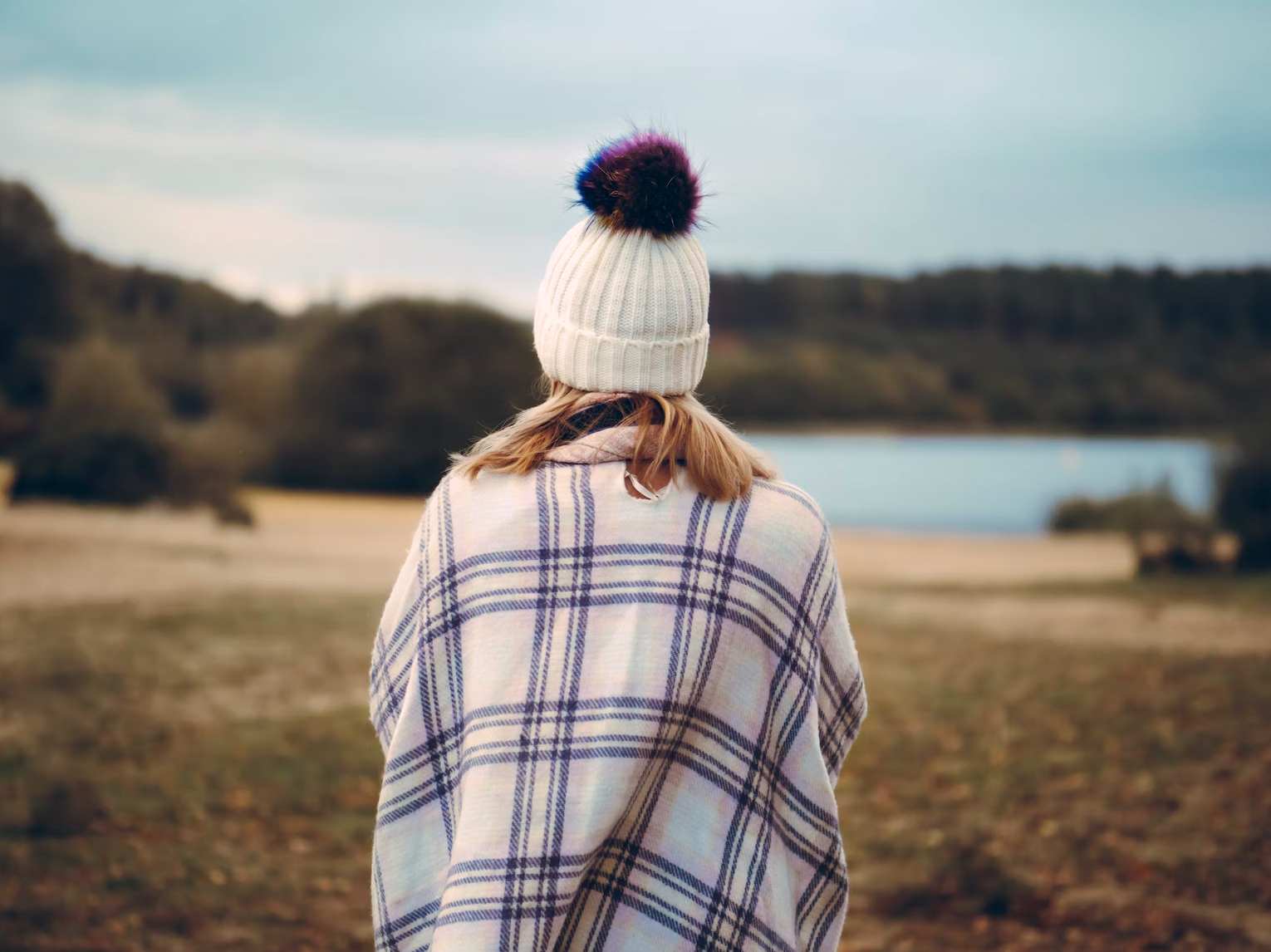
PC:
Top First Time Solo Camping Tips
If you're planning your first solo camping trip, it's important to take some precautions to ensure that you have a safe and enjoyable experience. Here are some additional tips to consider:
Familiarize yourself with the area
Before embarking on your solo camping trip, make sure that you familiarize yourself with the area you will be camping in. Research the weather conditions, local wildlife, and any potential hazards such as flash floods or rock slides. Knowing what to expect will help you to prepare for the trip and make informed decisions.
Practice setting up camp
If you're new to camping, it's a good idea to practice setting up your tent and other camping gear before your solo trip. This will help you to get familiar with your equipment and prevent any surprises when you arrive at your campsite.
Pack light but don't skimp on essentials
When packing for your solo camping trip, it's important to pack light, but don't skimp on essential items. Bring enough food and water to last the duration of your trip, a first-aid kit, and a means of communication such as a cell phone or emergency beacon. Additionally, bring warm clothing and rain gear to prepare for any changes in weather.
Inform a trusted friend or family member of your plans
Before heading out on your solo camping trip, it's important to inform a trusted friend or family member of your itinerary. Let them know where you will be camping, when you plan to arrive and leave, and when they can expect to hear from you. This will ensure that someone knows your plans and can take action in the event of an emergency.
Be aware of your surroundings
When camping alone, it's important to be aware of your surroundings at all times. Pay attention to any changes in the environment, such as changes in weather, animal activity, or suspicious behavior from other campers. Be prepared to take action in case of an emergency.
Follow Leave No Trace Principles
As a solo camper, you have a greater responsibility to preserve the natural environment you are camping in. Follow Leave No Trace principles by packing out all your trash, respecting wildlife and other campers, and minimizing your impact on the environment.
By following these tips, you can prepare for your first solo camping trip and have a safe and enjoyable experience. Remember to stay flexible and open-minded, and most importantly, have fun!
Also Read: The Benefits of Camping Alone
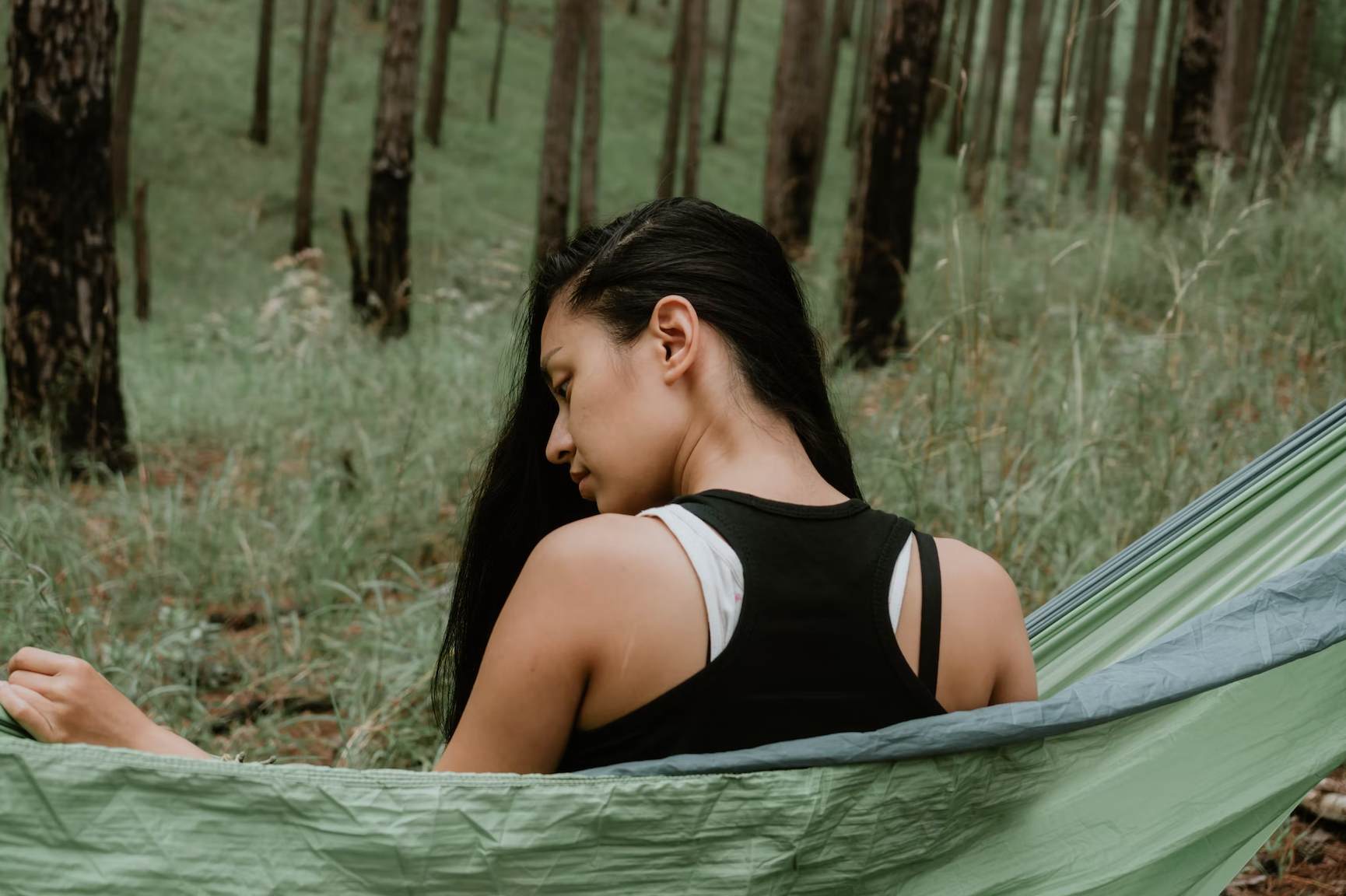
PC:
Benefits of Online Booking Campsites on Sneakout
One of the easiest and most convenient ways to book a campsite is through online platforms like Sneakout. This will allow you to browse a variety of campsites and amenities, read reviews from other campers, and make reservations in advance. This can be especially helpful for solo campers who may be new to the area and want to ensure they have a safe and comfortable campsite.
In conclusion, solo camping can be a life-changing experience that will help you build confidence, connect with nature, and have a great time. By following these tips, you can prepare for your first solo camping trip and ensure that it is a safe and enjoyable adventure. So what are you waiting for? Grab your tent, pack your bags, and head out into the great outdoors!











